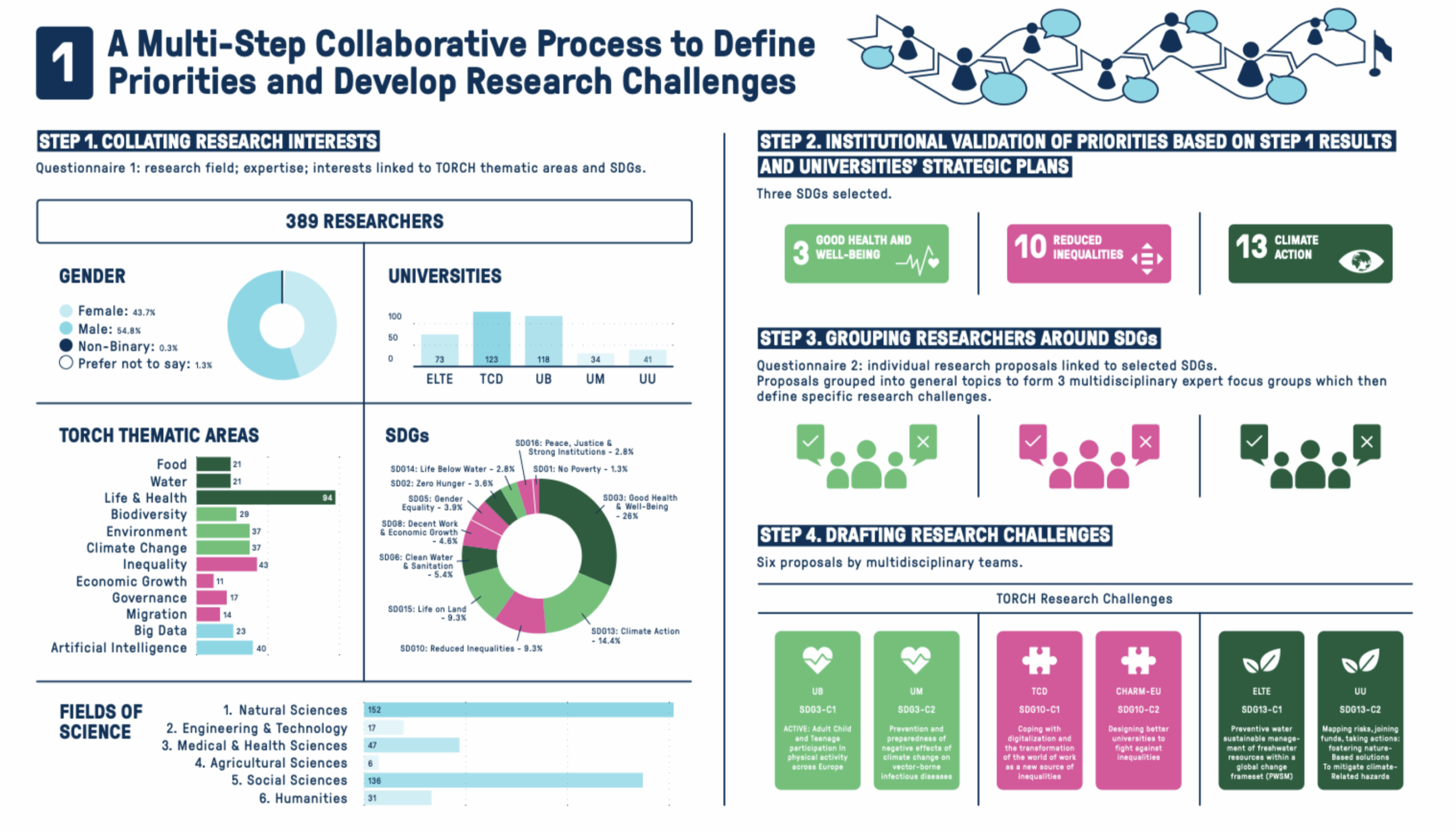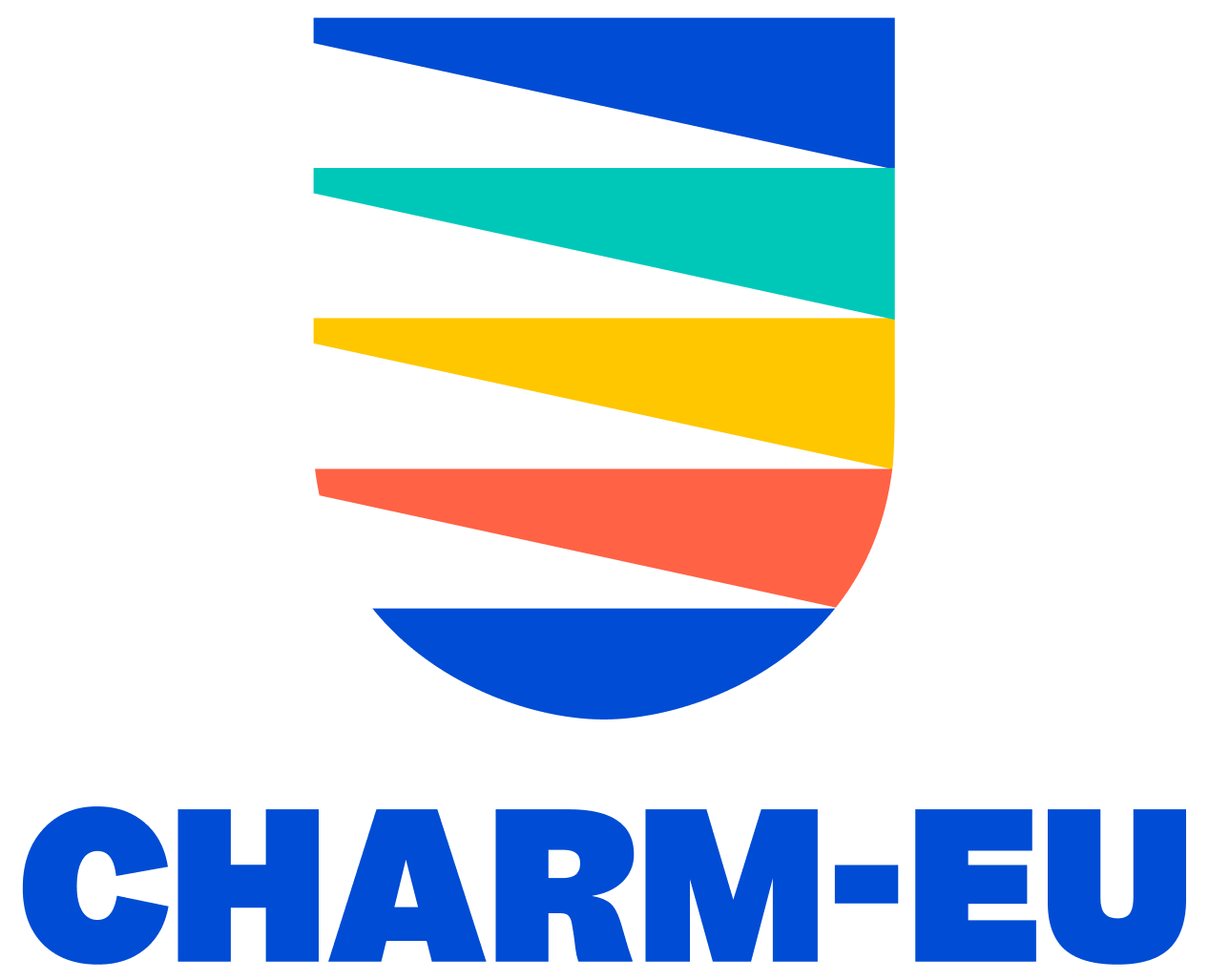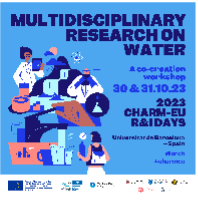Explore CHARM-EU’s practical toolset (from the Common Science Agenda methodology to targeted matchmaking and co-creation workshops) for assembling bottom-up, SDG-aligned, gender-balanced research teams grounded in RRI and Open Science.



Read more
The CHARM-EU R&I strategy brings together nine universities with a single ambition: to foster transdisciplinary collaboration in bottom-up research projects that tackle pressing societal challenges. Guided by Responsible Research & Innovation (RRI) and Open Science principles, the Alliance ensures that every stage (from idea generation to project implementation) is co-created with stakeholders, openly shared, and geared toward tangible impact.
A simple, inclusive and replicable methodology to build up a Common Science Agenda
The TORCH project developed a challenge-driven Common Science Agenda, a practical tool any alliance or HEI consortium can adapt to spark new scientific networks and address complex global issues. Its multi-step participatory process helps multidisciplinary teams define priorities aligned with both the SDGs and institutional policies and strategies:
- Mapping strengths and interests. Researchers identify topics they are interested in while each university sets out its thematic priorities.
- Aligning with the SDGs. Discussion groups link those interests and expertise to specific Sustainable Development Goals, ensuring societal relevance.
- Forming multidisciplinary, multi-university and gender-balanced teams. Small clusters gather around the overlapping themes, combining curiosity-driven and utility-driven research with a clear view on their societal impact.
- Drafting challenge briefs – each cluster sketches an outline proposal, supported by research-management units that supply funding scans, templates, and consortia building advice.
This bottom-up collaborative methodology lets grassroots energy meet institutional commitment, turning shared ideas into mature, fundable research challenges.
Success stories that show the method in action
ClimEX-PE grew out of a multidisciplinary cluster created through the abovementioned process. Drawing on expertise from four CHARM-EU universities and external partners, the team produced a project proposal focused on addressing global water challenges through innovative water management solutions, specifically Managed Aquifer Recharge techniques. The project emerged as a research initiative with solid educational connections established by CHARM-EU.
CHARM-EU R&I Days 2023 (‘Building Multidisciplinary Research Proposals: A Co-Creation Workshop to Address the Water Global Challenges’) demonstrated how a focused co-creation workshop builds interdisciplinary research teams. Pre-event matchmaking aligned complementary expertise; three intensive sessions with researchers and external stakeholders generated draft water-themed proposals and served to spark the creation of new scientific networks.
Why the model works
- Facilitated interaction. Skilled facilitators help researchers surface common interests and complementarities quickly.
Challenge framing via the SDGs. Every discussion stays anchored to real-world needs and impact pathways.
- Inclusive team design. Diversity of discipline, institution, career stage, and gender is built in from the outset.
- Dedicated research-management support. Administrative barriers are removed so academics can focus on developing the projects.
Together, these elements cultivate interdisciplinary networks that can be assembled rapidly and sustained long enough to deliver solutions that matter.
SOMETHING FOR YOU TOO? CHECK OUT THESE RESOURCES!
– Report: TORCH Consortium. (2022). TORCH D4.2 – Common Science Agenda Challenge List. CHARM-EU.
– Succes story: the ClimEx-PE project
– Succes Story: CHARM-EU R&I Days – 1st edition ‘Building Multidisciplinary Research Proposals: A Co-Creation Workshop to Address the Water Global Challenges’.
WOULD YOU LIKE TO GET INVOLVED WITH THE TRANSNATIONAL ONLINE LEARNING INITIATIVE YOURSELF? SEE OUR GUIDES!
The ClimEx-PE project grew out of the CHARM-EU framework through a series of well-defined steps
| Step | Action | Who should be involved | CHARM-EU supporting document |
|---|---|---|---|
| 1 Understand the CHARM-EU approach | Familiarize yourself with the Common Science Agenda concept and the Alliance’s principles of RRI and Open Science. | Academic leads, research managers, support staff | · TORCH D4.2 – Common Science Agenda Challenge List (Report) · Scientific Paper on Challenge-Driven Research (Llorca et al., 2025) |
| 2 Map strengths & interests | Collect researchers’ topics, map institutional priorities, and visualize current collaboration patterns. | Academic leads, research managers, support staff | · TORCH D4.2 – Common Science Agenda Challenge List (Report) · Guide of Experts (Directory) · Collaboration Networks App |
| 3 Align with the SDGs | Facilitate discussion groups that link mapped expertise to relevant Sustainable Development Goals and societal needs. | Facilitators, researchers, research managers, support staff, external stakeholders | TORCH D4.2 – Common Science Agenda Challenge List (Report) |
| 4 Form inclusive, transdisciplinary teams | Assemble small, gender-balanced clusters around overlapping themes and draft challenge briefs. | Researchers, research managers, support staff, equality officers | TORCH CSA Poster – Driving Collaboration |
| 5 Run matchmaking & co-creation workshops | Use targeted events to refine ideas, engage stakeholders, and shape fundable proposals. | Workshop moderators, research managers, support staff, external partners | · Networking & Matchmaking Actions · CHARM-EU R&I Days – Water Edition (Success Story) |
| 6 Move from brief to proposal | Apply templates, funding scans, and consortia-building advice to turn challenge briefs into competitive bids. | Research managers, principal investigators | ClimEX-PE Success Story (example of a funded proposal path) |

